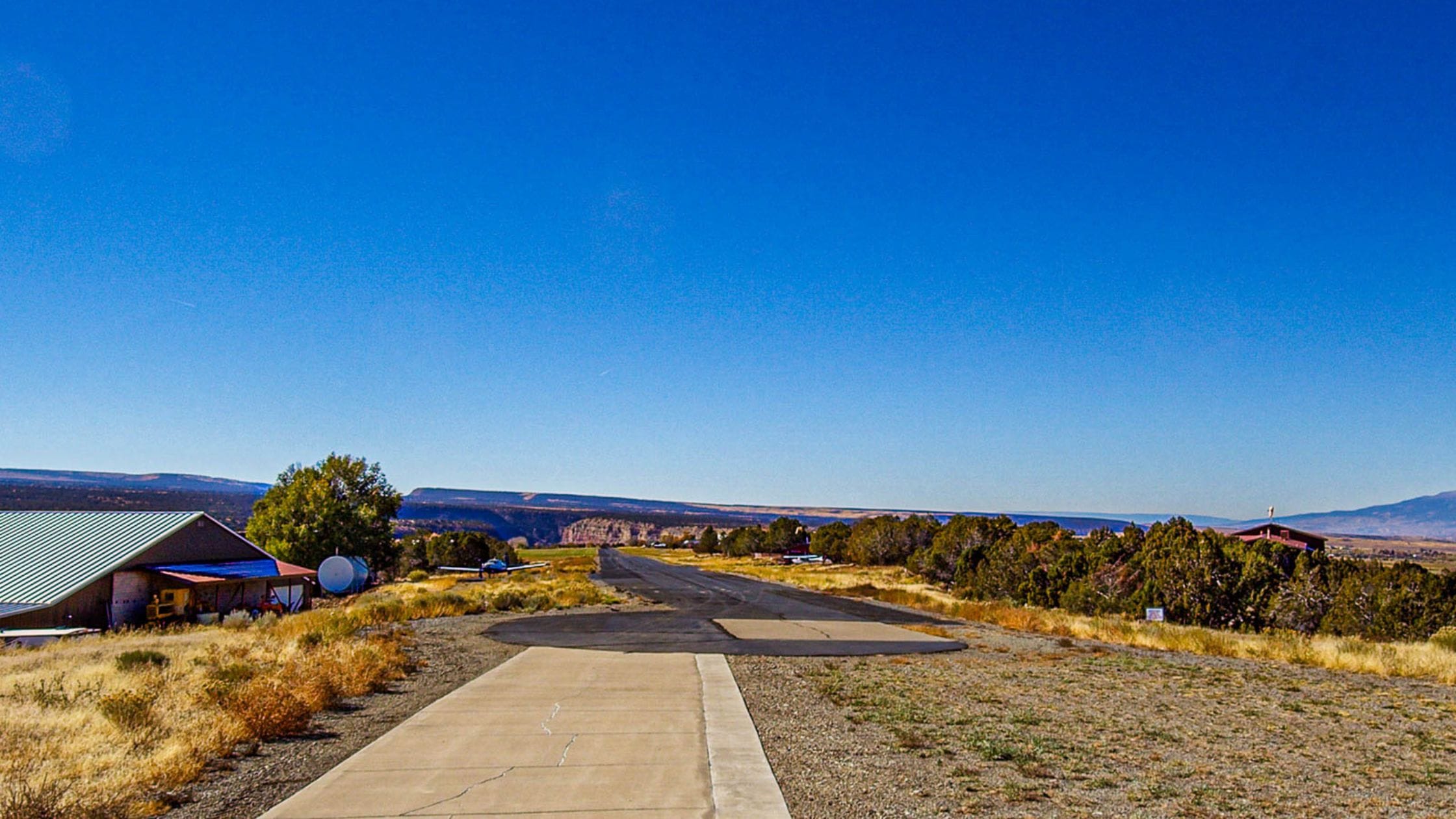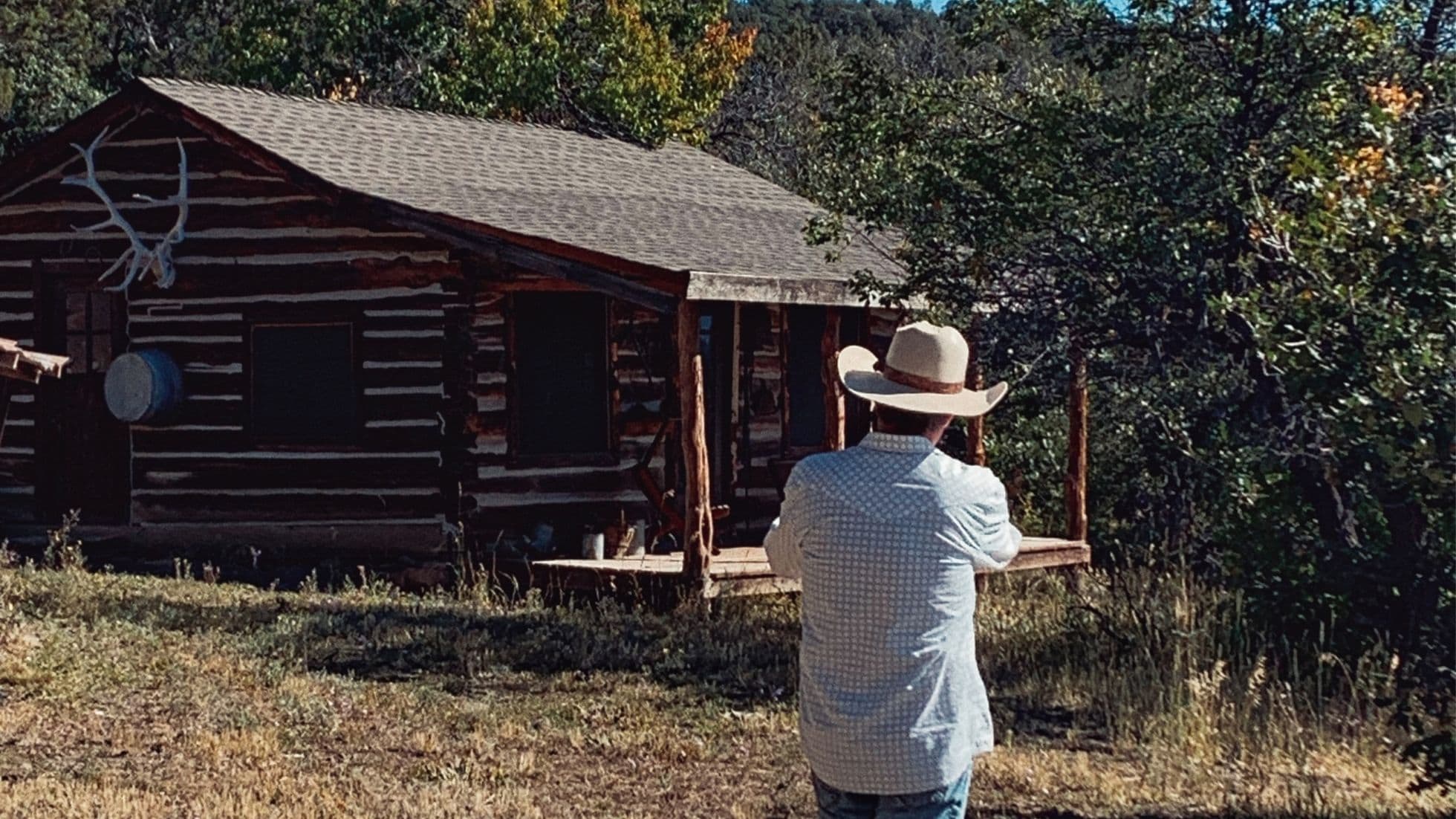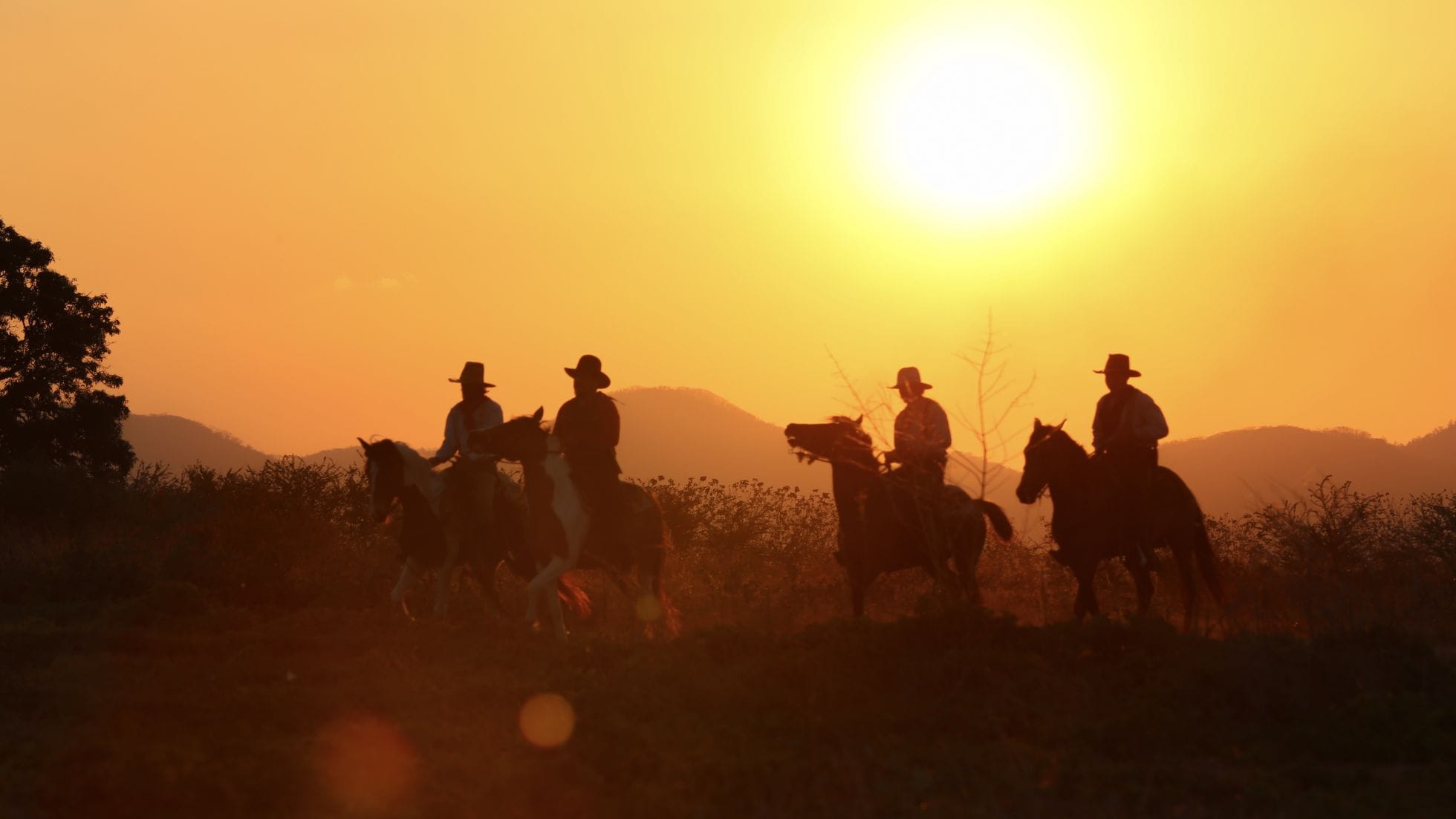What kind of real estate should you look for when you want land and to raise animals, but don’t want a for-profit farming operation? Essentially, you want to farm as a hobby, perhaps for fun, or perhaps to harvest enough food for your family. That desire perfectly aligns with the definition of a hobby farm.
A hobby farm – sometimes called a ranchette – describes any farming operation that is for pleasure as opposed to for profit. On a hobby farm, you can have as many or as few crops or animals as you wish, as much or as little acreage as you wish, and as much hobby farm equipment as you need to get the job done. The key differentiator is that you’re not selling your productions as a primary business venture.
Why Real Estate Buyers Should Understand What Constitutes a Hobby Farm
As a real estate agent in Western Colorado, I often encounter buyers who say they’re looking for a farm, but, upon further conversation, are really looking for a hobby farm. These buyers usually intend to keep a few animals for pleasure and small-scale production, such as raising chickens to supply their family with farm-fresh eggs.
Understanding that someone is looking for a hobby farm helps me narrow down my real estate search and weed out large farms that are better suited for commercial farming operations. For example, few hobby farmers need more than 60 acres of land to raise their animals, and they usually require fewer outbuildings for hay and equipment storage.
If You Want to Start a Hobby Farm
Whether you’ve recently embarked on your real estate search or you already own land and are interested in pursuing a hobby farm, reference the paragraphs below for handy information to help you get started.
Hobby Farm Equipment
While a hobby farmer may not be running a massive commercial farming operation, similar farming equipment certainly makes the job easier. Here’s a list of some of the most popular equipment for hobby farms of all sizes:
- Compact tractor
- ATV/UTV
- Farm truck
- Wagon
- Mowers
- Backhoe
Best Hobby Farm Animals
One of my top tips for anyone trying to start a hobby farm is to start small. If you jump two feet in and try to raise every kind of popular livestock animal, you might find yourself struggling to stay afloat after just a few months.
Before you get in over your head with hobby farming, you should step back, consider your needs, and find manageable farm animals to meet them.
- If you want eggs, start by buildings a small chicken coop and getting a few chickens.
- If you want milk, you could start with a few goats, which are much easier to maintain than cattle.
- If you decide to raise cattle for meat, you may benefit from also having a few horses to help move them from pasture to pasture.
Financial Benefits of Hobby Farming
While the goal of hobby farming is pleasure over profit, hobby farming can be profitable in its own right. You can sell excess crops, eggs, dairy, and meat products to members of your community or at local markets for a small additional income.
Second, even if you don’t actively make money from your hobby farm, you’ll certainly save money by living more sustainably. Any produce crops, eggs, dairy, and meat your hobby farm produces will save your family a trip to the grocery store to spend money on those same products. Plus, hobby farming allows you to develop a greater respect for where your food comes from.
Western Colorado Hobby Farms Near Me
Now that you know the difference between a farm and a hobby farm, are you ready to start your search in Western Colorado? Check out my farms and ranches for sale here, and call me at 970-986-2955 if you’d like to set up a showing!


